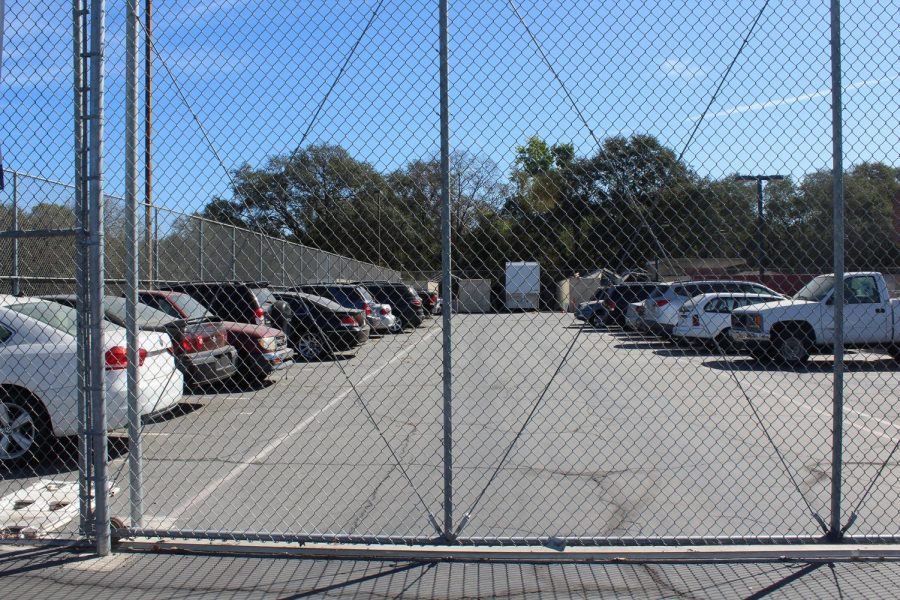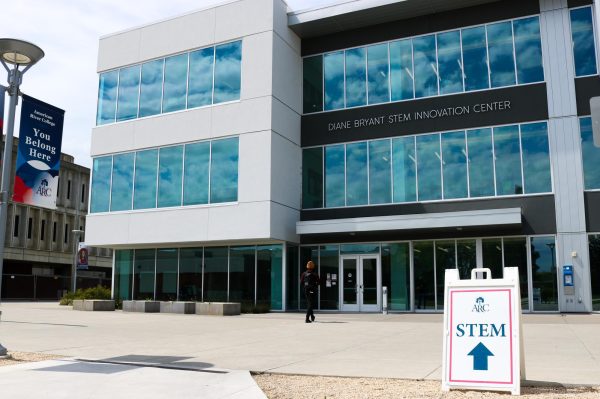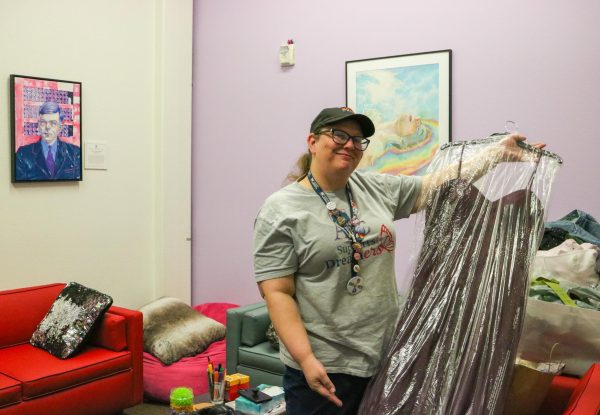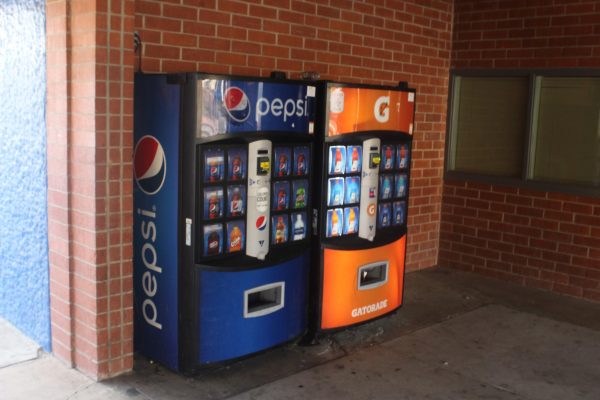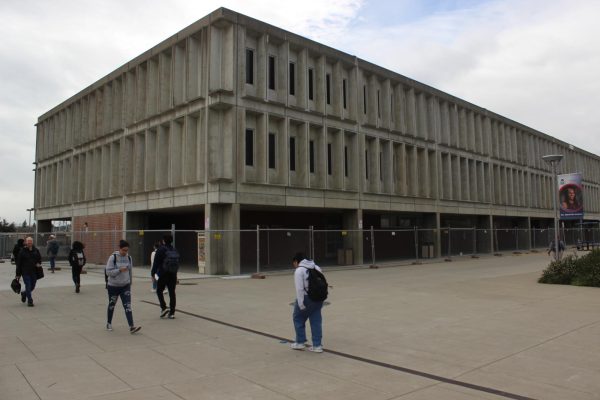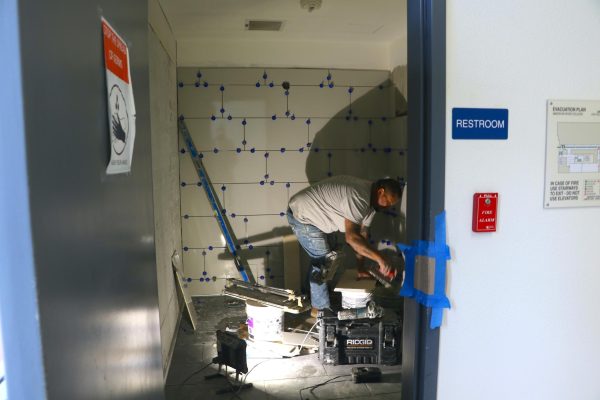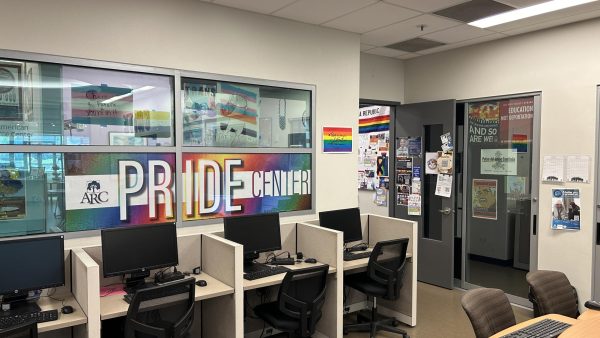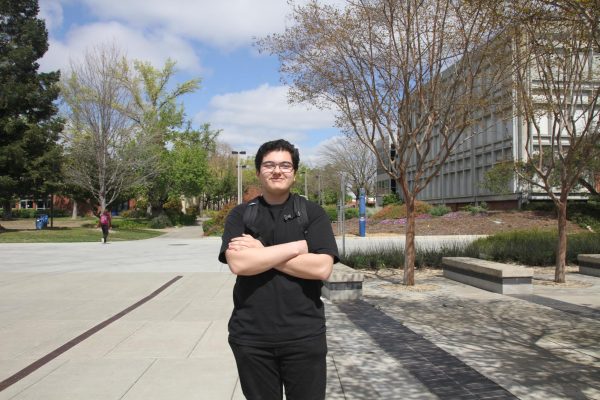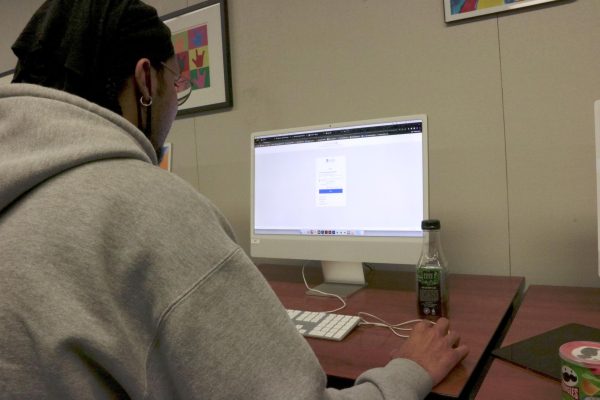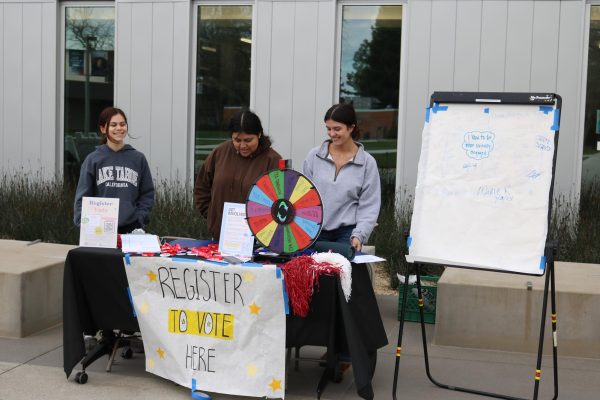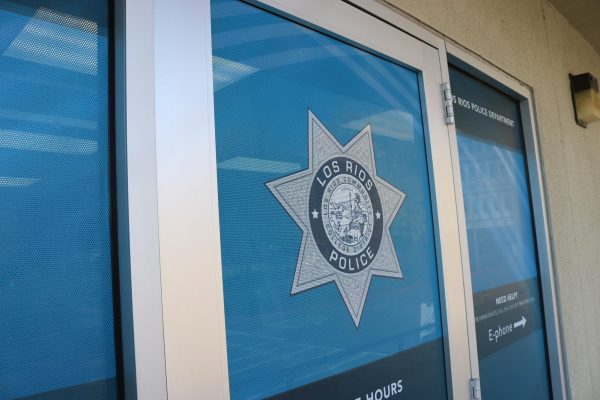ARC’s automotive department gets creative with online classes
Without in person classes, aspiring mechanics must implement unique learning opportunities
While American River College’s automotive department is unable to hold classes on campus, they find unique ways to teach their courses online in the fall 2020 semester. (Photo by Ariel Caspar)
While the fall 2020 semester at American River College is the first academic session to be completely online, there are still some departments adapting to the new changes. The automotive department is one of those areas of study dealing with the challenges of teaching online.
Before the pandemic, the automotive department at ARC offered a large number of courses every semester for students to take and learn from a hands-on approach about the subject. However, that has changed since the transition to online and now the automotive department needs to think of different methods to not only teach these classes, but in a way the students can still pass them.
According to Gary Aguilar, the dean of technical education at ARC, the automotive department needed to get “creative” in the ways its instructors had to teach their classes this semester.
“The way we’ve been teaching these courses this semester has been a mixture of Zoom calls, video demonstrations, and also using guest speakers to talk to the class,” Aguilar said.
There have been some classes that have shown to be a struggle in teaching online this semester, according to Aguilar. Some of those courses are very important as well for students to take for those trying to get a degree or certificate if they’re an automotive technology major.
“Some of the classes we normally offer in person such as our AT311 Suspension and Steering Systems course, but teaching that class online has been very difficult,” Aguilar said. “Those are subjects that students really need for their learning outcomes if they’re taking these classes for their major.”
Guest speakers were a common occurrence for the department before the pandemic, but it has often been difficult to coordinate their visit. However, according to Ben French, the department chair for the automotive department, now with classes being held through Zoom, it’s become easier for these classes to have guest speakers appear more frequently.
“One of the nice things about doing stuff online and using Zoom, we can bring in guest speakers much easier,” French said. “Before we would need to fill out a permission slip and pay for their parking but now we can just bring them in through a Zoom call — we’re taking advantage of that more this semester.”
There still have been challenges for the students that take these classes during this semester. According to French, learning about any aspect of a car requires a hands-on approach and one way they’ve been helping students with that is by getting credit outside of class through any type of automotive job site and working from there, and even lending students tools they can use to work on cars.
“We do have our work experience class up and running so students can go to an automotive job site and learn hands-on skills at those job sites still during this semester,” French said. “Working with automotives is a very hands-on industry and we’re still trying to offer that experience for students so they can learn what’s needed in this field of work.”
Although Los Rios Community College District Chancellor Brian King announced that all classes for the spring 2021 semester will be held online, the staff of the automotive department still hopes it can at least get a hybrid option for all of their classes next semester. If so, that option might work for the college’s second eight-week class session, even if it’s not until after the first eight weeks of the semester.
“Although nothing will be on the schedule right away, we are hoping that if Sacramento County’s infection rates drop, and the district will allow us to return to hands-on learning for the second half of the spring semester,” French said. “If allowed to do this we would run a hybrid model, with lectures being conducted online with labs in person.”

